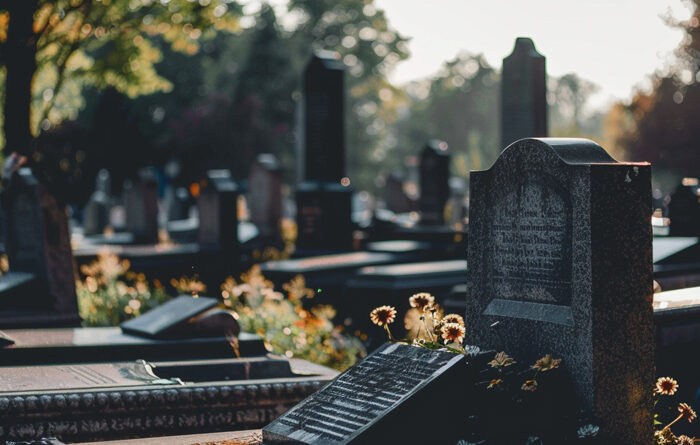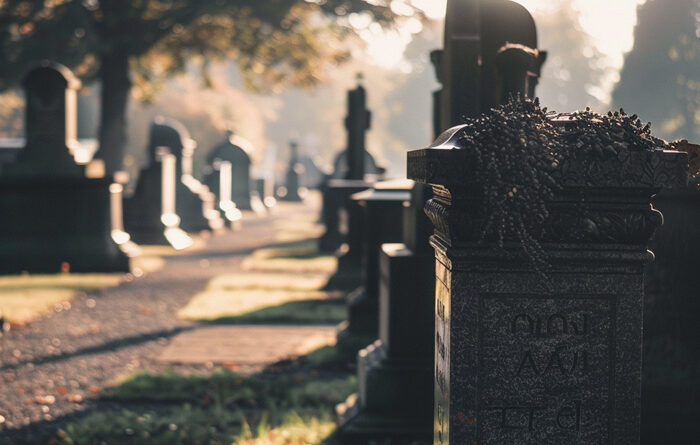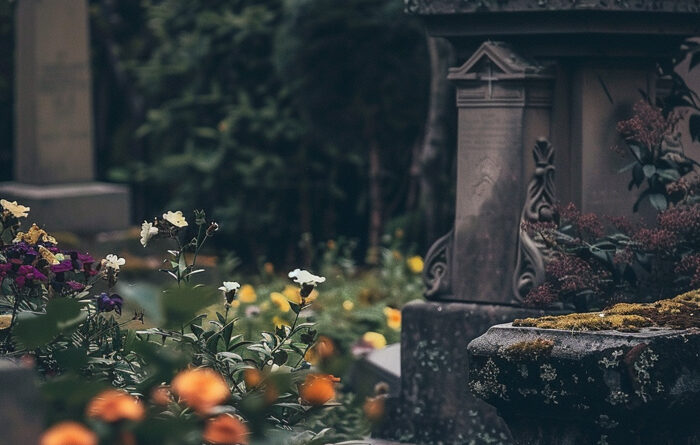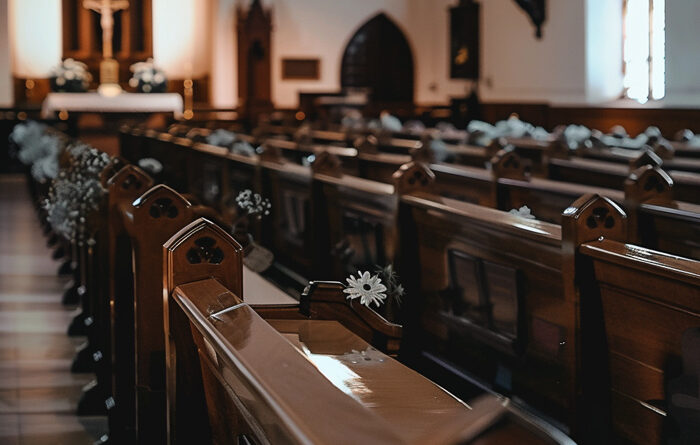
Introduction to Islamic Funeral Services in Miami
The city of Miami is a melting pot of cultures and religions, including a growing Muslim community. Islamic funeral services in this vibrant city adhere to the religious rites prescribed by Islam, with respect given to both the spiritual and practical aspects of this somber time. This article provides an informative analysis of Islamic funeral customs and how they are practiced in Miami, offering insights into the services available to Muslim families during their time of grief.
Principles of Islamic Funeral Services
In Islam, death is considered a natural part of life and a transition to the hereafter. The funeral rites, known as Janazah, are conducted with solemnity and respect, reflecting the communal spirit of the faith. The objective is to bid farewell to the deceased while comforting the living through a shared, religious experience. The preparation of the body includes a ritual cleansing called Ghusl, shrouding (Kafan), followed by the Janazah prayer and burial, ideally within 24 hours of death.
Preparation of the Deceased in Miami
In Miami, Islamic funeral homes or mosques with funeral services play a crucial role in the preparation of the deceased. They respect the need for quick action and provide facilities for Ghusl, ensuring that the washing is conducted by members of the same sex as the deceased. They also help in shrouding the body in a simple, white cloth, which signifies equality among all in death, regardless of their status in life.
The Funeral Prayer (Salat al-Janazah)
One of the central customs in an Islamic funeral is the Salat al-Janazah, or the funeral prayer. Unlike regular prayers, this is performed in a congregation without physical prostrations and takes the form of a standing prayer that includes a series of specific supplications for the deceased. In Miami, this is typically performed outdoors or in a large open space adjacent to the mosque, allowing for the necessary accommodation of community members who wish to pay their respects.
Islamic Burial Customs and Cemetery Services
Following the funeral prayer, the body is transported to the cemetery for burial. In keeping with Islamic tradition, the body is placed directly in the ground, without a coffin, if local laws permit. The grave is aligned such that the deceased faces Mecca. In Miami, Muslim burial plots are available, which follow these Islamic principles. Cemeteries also facilitate the grave-digging process adhering to religious guidelines, guaranteeing that these sacred practices are respected.
Consoling the Bereaved
The Islamic funeral process places significant emphasis on supporting the bereaved. Family and community members come together to provide emotional and financial support. In Miami, this often includes visits to the family’s home, the preparation of meals, and ensuring that family members are not left alone during the first few days after the loss. Assistance with funeral expenses is also offered by the community, to relieve financial burdens the family may be facing.
Memorial Services and Ongoing Remembrance
While elaborate memorial services are not common in Islam, remembering the deceased continues long after the burial. In Miami, families may hold gatherings for reading the Qur’an and remembering the life of the departed. These gatherings also serve to reinforce the bonds of the community and provide continued support for the family. The tradition of the widow observing a waiting period (Iddah) of four months and ten days is still practiced, allowing her time for reflection and mourning.
Challenges Faced by Muslim Families in Miami
Muslim families in Miami may encounter challenges as they strive to practice their religious rites within a legal and social framework that may not always accommodate their religious needs. Securing prompt burial permits, finding suitable burial spaces, and having access to funeral homes familiar with Islamic practices can sometimes require persistence and community support. Hence, there are local Islamic organizations in Miami that offer assistance and guidance to families during these trying times.
Conclusion
Islamic funeral services in Miami reflect a commitment to religious traditions while displaying adaptability to local circumstances. The Muslim community in Miami has established a network of support that exemplifies the spirit of unity and helps preserve the sanctity of religious observances during the difficult times of bereavement. For anyone faced with the loss of a Muslim loved one in Miami, these customary practices offer a sense of solace and communal comfort that align closely with the deeply held beliefs of the Islamic faith.
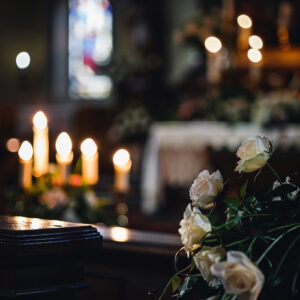
What is the significance of the washing ritual in Islamic funerals?
In Islamic tradition, washing the deceased is a vital part of the funeral process and is considered a collective duty for Muslims. The purpose is to physically cleanse the body before the funeral prayer and burial. It symbolizes spiritual purification as well, as it prepares the deceased for their journey in the afterlife.
Can non-Muslims attend Islamic funeral services in Miami?
Yes, non-Muslims are welcome to attend Islamic funeral services. It is an opportunity for friends and colleagues of different faiths to pay their respects. However, non-Muslim attendees are advised to dress modestly and follow the guidance of the service leaders in terms of customs and behavior during the service.
What is the typical timeline for burial in Islamic customs, and does this apply in Miami?
Islamic tradition emphasizes a swift burial, typically within 24 hours of death, to show respect for the body. This tradition is upheld in Miami, given there are no legal impediments. Funeral homes in Miami that cater to the Muslim community are accustomed to facilitating prompt burials in line with Islamic customs.

